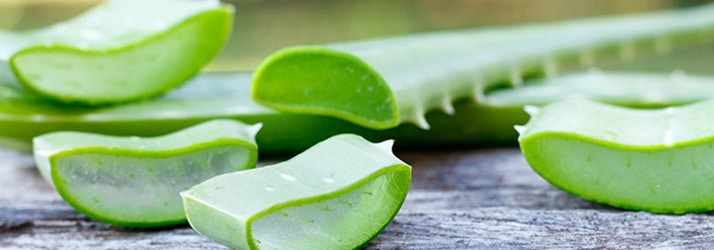
Surprising GMOs in your fridge and pantry GMOs, plants and animals whose genes have been manipulated in a laboratory, have become something of a boogeyman in recent years. But a report from the advisory group the National Academies of Sciences, Engineering and Medicine has determined that GMOs are safe to eat and no different from regular crops. That’s good news for food production-nearly 90 percent of corn and 94 percent of soybeans grown in the United States are genetically modified to resist weed killers.
Corn, soy and other GMOs are commonly used to produce everyday foods. Read on to learn more about genetically modified organisms-and five surprising kitchen staples that are produced with GMOs.
Ice Cream
Ice cream is basically just milk and sugar whipped into frozen deliciousness. Sounds simple, but there’s a good chance the ice cream you reach for on a hot summer day is made with genetically modified ingredients. More than half of the sugar produced in the U.S. comes from sugar beets, most of which are genetically modified to resist herbicides. While some brands, such as Ben and Jerry’s and Dreyer’s, have moved away from GMO ingredients, other brands still use them.
Wine
Call it Frankenwine if you will. Researchers are working on genetically engineered grapes that are more disease-resistant and grow in non-native areas, but so far wine industry groups and consumers have opposed them.
Salmon
When most people hear the term “GMO,” they usually think of crops like corn. But in November 2015, the Food and Drug Administration (FDA) approved the first genetically modified animal: salmon. Known as AquAdvantage, it’s an Atlantic salmon modified with genetic material from Chinook salmon and ocean pout that grows to market size twice as fast as unmodified Atlantic salmon. It won’t be imported from its Panama-based farms, however, until the FDA finalizes labeling requirements for the fish.
Baby Formula
Baby formula is the safest, most effective way for mothers who can’t or don’t want to breastfeed to ensure their babies get the nutrients they need. And while many formula brands offer wholly organic lines of product, many others contain vegetable and soy oil that could be genetically engineered.
Condiments
Where would summer barbecues be without mayonnaise, ketchup and barbecue sauce? Many common condiment brands use GMO ingredients. Mayonnaise is soybean oil-based, while ketchup and barbecue sauce contain sugar or high fructose corn syrup. Even many types of commercially available salsa contain sugar, often derived from sugar beets.
Even though the study I mentioned earlier stated that GMOs are safe to eat, I still recommend eating as many whole foods the way God created them.










